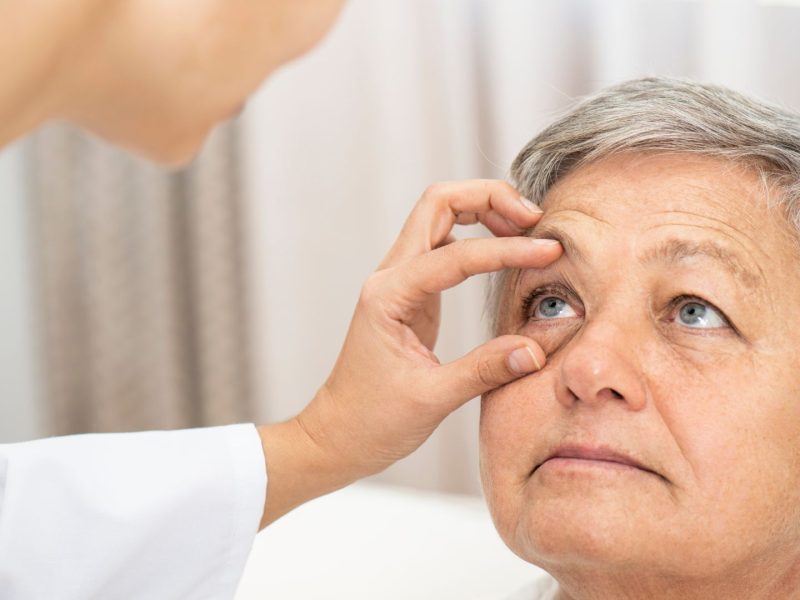As a doctor who has stood at the intersection of science and humanity for years, I can say with confidence that the Hippocratic Oath is more than just ceremonial words. It’s a moral compass. It’s a timeless declaration that shapes the ethical foundation of medical practice across the world. But what exactly is the Hippocratic Oath, and why does it continue to hold such significance in modern medicine?
What Is the Hippocratic Oath?
The Hippocratic Oath is an ancient pledge attributed to Hippocrates, often referred to as the “Father of Medicine.” Though it dates back to around the 5th century BCE, it remains one of the most recognized and respected documents in healthcare ethics. Traditionally, this oath was taken by new physicians to swear their commitment to ethical medical practice.
Over time, the original version—written in classical Greek—has been adapted and modernized. Today, most medical schools use revised versions that reflect contemporary values, including respect for patient autonomy, confidentiality, and scientific integrity.
Core Principles of the Hippocratic Oath
Despite variations in wording, the core values of the Hippocratic Oath remain consistent:
✔️ Do No Harm (Non-Maleficence): One of the most quoted lines, this principle urges doctors to avoid causing unnecessary harm or suffering.
✔️ Beneficence: Always act in the best interest of the patient, promoting health and well-being.
✔️ Confidentiality: Respect the privacy of patient information, maintaining trust and ethical boundaries.
✔️ Accountability and Integrity: Acknowledge the limits of your knowledge and be willing to seek help or refer when needed.
✔️ Teaching and Legacy: Commit to passing on medical knowledge to future generations with respect and honesty.
Why the Hippocratic Oath Still Matters Today
In an era of rapid technological advancement, commercialized healthcare, and complex bioethical dilemmas, the Hippocratic Oath serves as a steady reminder of what medicine is truly about—serving humanity. It emphasizes:
- Patient-centered care above personal or financial gain.
- The importance of empathy and compassion in healing.
- Ethical decision-making in the face of medical uncertainty.
Modern Adaptations and Relevance
Many medical schools now use the Declaration of Geneva or other modern versions of the oath that reflect current social and scientific understanding. These versions are more inclusive and culturally sensitive but still rooted in the same timeless values.
For example, modern oaths may include pledges to:
- Respect human rights and dignity.
- Avoid discrimination.
- Prioritize lifelong learning and scientific advancement.
A Personal Reflection
When I took my version of the Hippocratic Oath, I remember feeling the weight and privilege of being entrusted with human life. That feeling has never left me. Every difficult diagnosis, every sleepless night on call, every life saved or lost—it’s all grounded in that commitment to uphold the sacred responsibility of being a healer.
Final Thoughts
The Hippocratic Doctor’s Oath is not just a relic of ancient medicine—it’s a living document. Whether in its original form or modern interpretation, it continues to guide physicians in delivering compassionate, ethical, and patient-centered care.
Have questions about the Hippocratic Oath or how it applies to today’s medical world? Feel free to share your thoughts or ask below!



